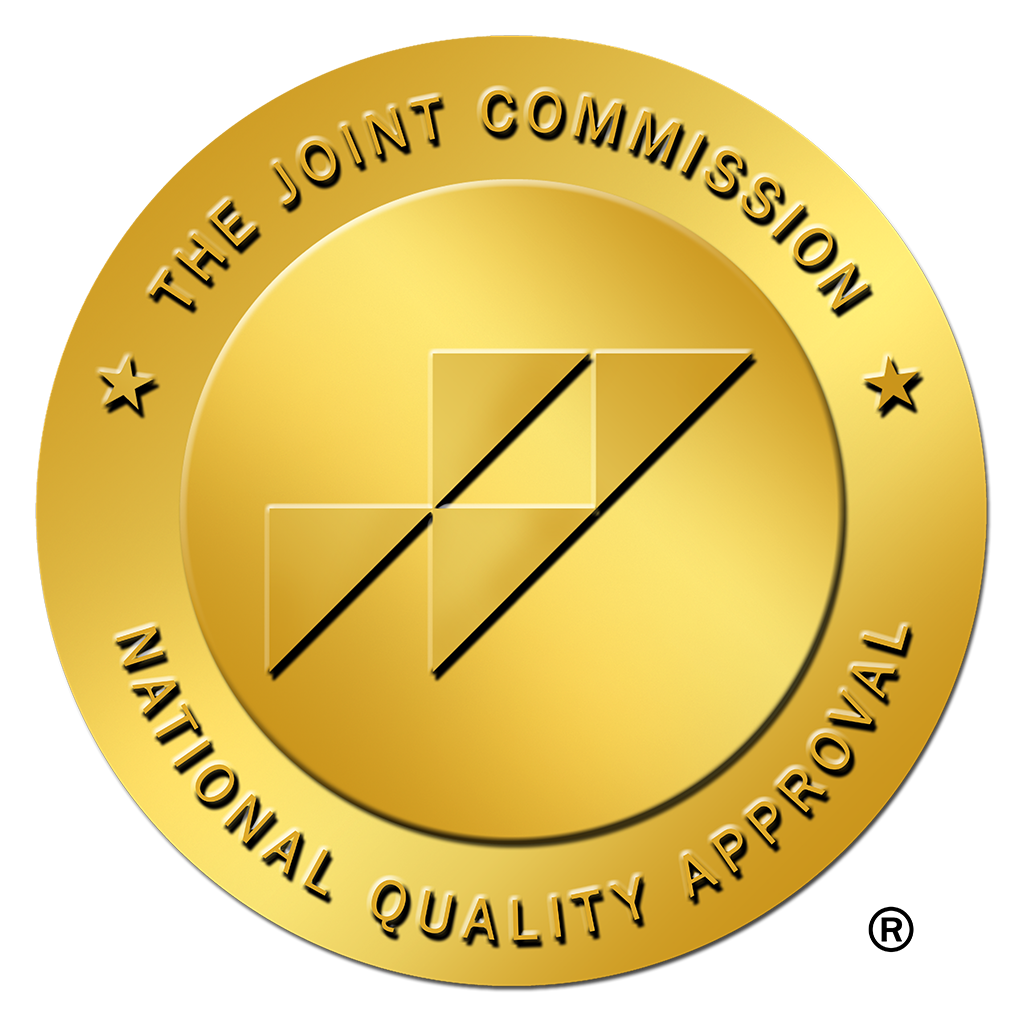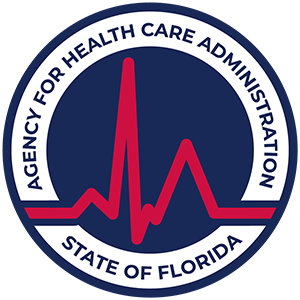Group therapy benefits by being a powerful tool for change in addiction and mental health treatment. This approach brings together people with similar challenges. It creates a special space for healing through shared experiences and support.
At Milton Recovery Centers, we see the incredible impact of healing as a group every day. Our specialized group therapy sessions create an environment where participants discover they’re not alone in their struggles. This realization becomes a foundation of recovery, fostering hope and resilience among group members.
This teamwork approach to healing at Milton Recovery Centers creates new ways for personal growth. It offers a journey toward lasting recovery and emotional health.
Group Therapy Benefits at Milton Recovery Centers
Group therapy at Milton Recovery Centers offers a strong space for healing and growth. This happens through shared experiences and support from one another. Our specialized therapy groups offer distinct advantages for individuals seeking recovery:
Peer Support Benefits:
- Real-time validation from others who truly understand
- Decreased feelings of isolation in recovery
- Development of authentic connections
- Opportunities to both give and receive support
- Enhanced accountability through group dynamics
Skill Development Focus:
- Practical coping strategies for daily challenges
- Stress management techniques
- Healthy boundary setting
- Communication skills enhancement
- Conflict resolution methods
Educational Components:
- Understanding addiction and mental health patterns
- Recognition of triggers and warning signs
- Tools for managing co-occurring disorders
- Strategies for preventing relapse
- Resources for ongoing recovery maintenance
Our specialized groups integrate evidence-based practices with peer learning, creating a dynamic healing environment. Participants gain valuable insights from others’ experiences while developing essential life skills. The combination of professional guidance and peer support accelerates personal growth and strengthens recovery foundations and is one of the key group therapy benefits.
Milton Recovery Centers structures each group to maximize interaction and learning, ensuring participants receive both emotional support and practical tools for their recovery journey.
Therapeutic Factors That Are Effective in Group Therapy
Group therapy’s healing power comes from several key therapeutic factors that create lasting change. At Milton Recovery Centers, these factors work together to foster recovery and emotional growth.
Shared Learning Experience
- Patients witness others’ breakthroughs and challenges
- Real-time feedback from peers provides valuable insights
- Different perspectives offer new solutions to common struggles
Professional Guidance Meets Peer Wisdom
- Clinical experts facilitate meaningful discussions
- Members learn both from therapist’s expertise and peer experiences
- Safe environment allows for authentic self-expression
The combination of professional guidance and peer support creates a unique therapeutic dynamic. Group members often find themselves identifying with others’ stories, leading to powerful moments of self-discovery. This mutual understanding breaks down isolation barriers common in addiction and mental health challenges.
The group setting provides opportunities to:
- Practice new coping strategies in real-time
- Receive immediate feedback and support
- Build confidence through helping others
- Develop trust in a structured environment
These therapeutic elements create a foundation for sustainable recovery, where each member contributes to the collective healing journey.
Creating a Supportive Community Through Shared Experiences
At Milton Recovery Centers, we know how strong shared experiences can be. They help break down barriers and create real connections. Our group therapy spaces are safe and welcoming. They help participants feel open and true to themselves.
Reducing Judgment and Shame
- Patients discover they’re not alone in their struggles
- Shared stories normalize experiences and reduce isolation
- Safe space policies protect confidentiality and promote openness
- Structured dialogue encourages non-judgmental communication
The healing process speeds up when participants realize their experiences resonate with others. This recognition helps break down the walls of shame that often come with addiction and mental health challenges.
Building Trust Through Shared Understanding
- Regular group interactions develop natural bonds
- Members practice active listening and emotional support
- Shared milestones celebrate collective progress
- Mutual respect grows through vulnerability
Our specialized approach at Milton Recovery Centers emphasizes creating meaningful connections through:
- Structured sharing exercises
- Group accountability practices
- Collaborative problem-solving sessions
- Peer support activities
These shared experiences build trust and empathy, which are crucial for long-term recovery. Group members learn to support each other genuinely, forming a network of understanding that goes beyond the therapy room.
The Role of Professional Guidance in Group Therapy Sessions
Professional guidance is essential for effective group therapy at Milton Recovery Centers. Our skilled therapists create a structured healing path that adapts to each group’s unique dynamics and needs.
How Group Facilitators Inspire Growth
Group facilitators at Milton Recovery Centers use specific techniques to:
- Encourage meaningful discussions that promote deep self-reflection
- Help participants gain new insights
- Ensure everyone participates by monitoring group dynamics
- Offer expert clinical perspectives on shared experiences
Balancing Support and Confrontation
The therapeutic approach balances gentle support with strategic confrontation. This delicate equilibrium helps patients:
- Challenge limiting beliefs and behaviors
- Recognize patterns that may hinder recovery
- Develop new coping strategies
- Build resilience through constructive feedback
Group Therapy at Milton Recovery Centers
The power of healing in community stands as a cornerstone of lasting recovery and personal growth. Group therapy at Milton Recovery Centers creates a unique environment where individuals discover strength through shared experiences and mutual support.
Your journey toward healing doesn’t have to be walked alone. Milton Recovery Centers offers specialized group therapy programs designed to meet you exactly where you are. Our supportive community of peers and experienced professionals stands ready to guide you through each step of your recovery
Contact Milton Recovery Centers to learn more about our group therapy programs. Your path to healing begins with one brave decision – reaching out for support. Join our community and experience the transformative power of healing together.







